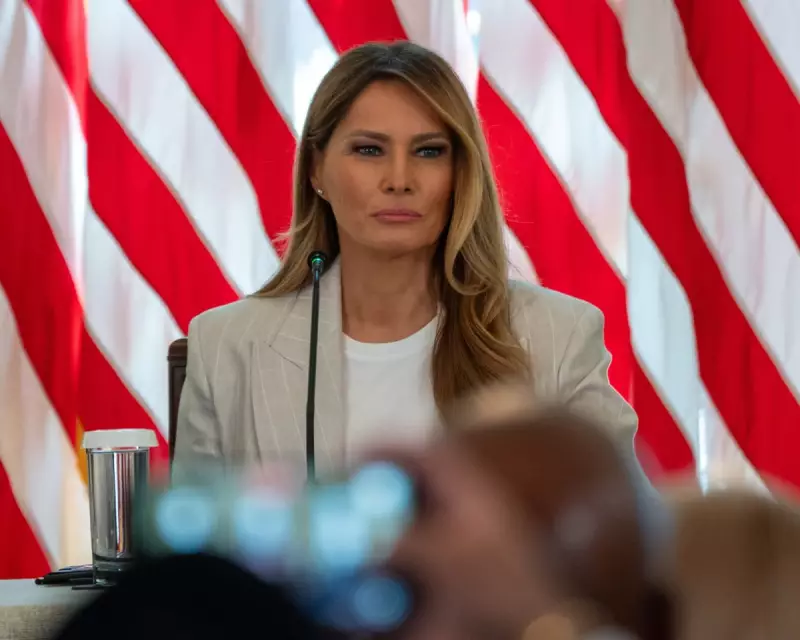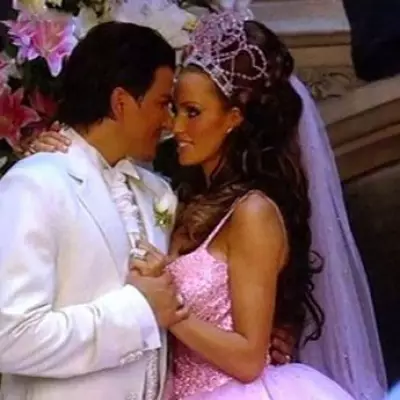
In a week dominated by the bombast and legal entanglements of Donald Trump, a far quieter, yet profoundly telling, narrative unfolded. It was a masterclass in the subtle mechanics of the patriarchy, performed not on a courtroom stage, but in the calculated re-emergence of his wife and the defensive posture of his daughter.
Melania Trump’s return to the spotlight was a study in contradictions. Her presence at a high-dollar fundraiser was meticulously curated: poised, elegant, and utterly inscrutable. She offered no heartfelt endorsement, no rousing defence of her husband. Her power, it seems, lies not in what she says, but in her potent silence—a commodity that the Trump campaign is all too happy to monetise.
The Price of a Photograph
This transaction was laid bare at the fundraiser, where a photo with the former First Lady came at a staggering price. This act reduces a complex, human relationship to a simple, cold exchange. It frames her not as a partner, but as an asset; a valuable prop to be leveraged for financial and political gain.
Her silence is a language all its own. It speaks volumes about the compromises and survival strategies women are often forced to employ within powerful, patriarchal systems. Is it complicity, or is it a form of agency exercised within severely constrained circumstances? The debate rages on.
Ivanka's Dilemma: Daughter vs. Defender
Meanwhile, another Trump woman was breaking her silence, but with words. Ivanka Trump’s public statement, defending her father against allegations, presented a different facet of the same patriarchal dynamic.
Her declaration, “I know my father. I love my father. I believe my father.”, is a familiar refrain from women tasked with shielding powerful men. It’s a personal testimony meant to override factual inquiry, shifting the focus from alleged actions to familial loyalty. It underscores the painful position of being compelled to choose between a sense of duty to a parent and confronting uncomfortable truths.
A Pattern of Patriarchal Performance
These events are not isolated incidents. They form part of a recurring pattern where the women surrounding powerful men are strategically deployed to soften their image, validate their character, or, in Melania’s case, create an aura of enigmatic stability.
This performance demands that they sublimate their own narratives to serve his. Their individuality becomes secondary to their role in bolstering his power and legacy. They become pillars propping up the institution, their own complexities hidden in plain sight.
The week served as a stark reminder that the patriarchy is not merely about the loud, domineering actions of men. It is also perpetuated by the quiet, often unseen, negotiations and sacrifices demanded of the women within its orbit. The spectacle of Melania’s monetised silence and Ivanka’s filial defence reveals the intricate and often painful web of loyalty, economics, and survival that continues to define these dynamics in modern politics.





